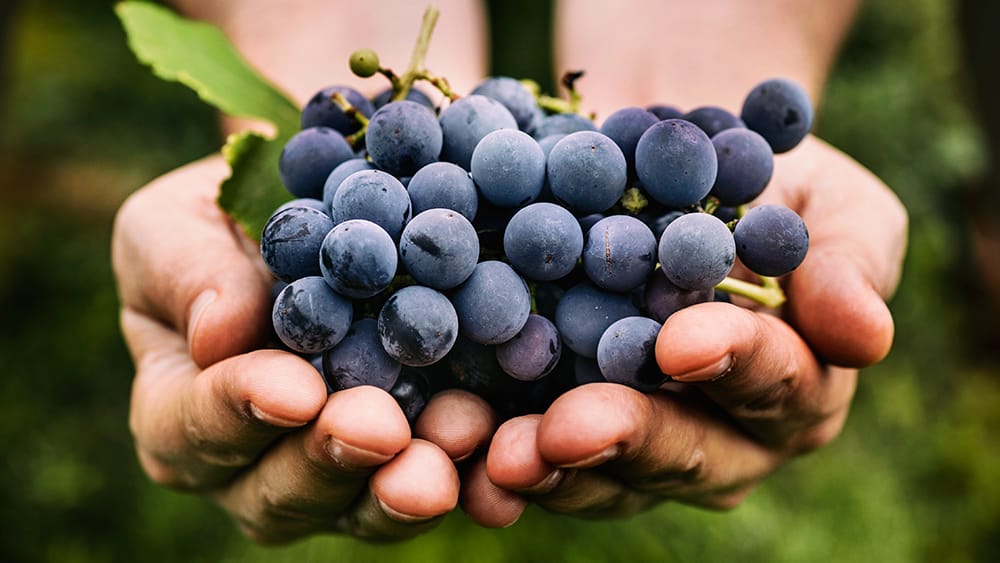Liviri Vino engaged leading environmental consultancy thinkstep Inc. to perform the industry-standard study of environmental impact: a Life Cycle Assessment (LCA).
The LCA for the six-bottle Liviri Vino wine shipping container compared the environmental impact of Liviri’s reusable product against conventional single-use insulated corrugate wine shippers. The report was independently reviewed and verified by a critical review panel.
STUDY SCOPE
The LCA compared:
- Six bottles of wine shipped via ground in Liviri Vino6, with:
- Six bottles of wine shipped via air in single-use EPS (styrofoam) shipper with ice pack
The study examined the six-bottle EPS shipper since it’s the mainstay option for summer and winter seasons and offers the highest thermal performance among single-use boxes. Furthermore, it evaluated air shipping for the single-use option because air is used almost exclusively when wine is shipped in summer and winter months, otherwise wine is held while waiting for temperate weather.
KEY FINDINGS
Based on the LCA results, reusable Liviri Vino6 shipping containers are environmentally preferable to disposable corrugate wine shippers. To reach that conclusion the Liviri container was tested for 70 reuse cycles, and thinkstep determined that Liviri Vino6 surpassed the single-use shipping alternative in environmental gains, on average, after 25 uses. Additionally, in the baseline scenario (70 reuse cycles, full carbon accounting), Liviri Vino6 showed significantly lower potential environmental impacts in seven of nine indicators considered. (Results for the other two indicators were essentially even, considering the margin of error for the study.)
Most carbon emissions are produced in birth and death of a product. In contrast to a single-use product with an abbreviated lifespan, Liviri’s environmental advantages are attributed to the fact that raw materials and manufacturing for the Liviri Vino6shipping container can be allocated across its 70+ uses. Here, Liviri Vino6 leverages the benefits of a closed-loop business model that keeps high-value products in use longer in order to minimize production waste. Additionally, the thermoplastic material used for Liviri Vino6 is highly recyclable at end-of-life.
For the full LCA report, complete the form (below).
—
STUDY INPUTS:
For key inputs, the LCA evaluated environmental impact across nine categories, including: Global Warming Potential (GWP), Acidification Potential (AP), Eutrophication Potential (EP), Smog Formation Potential (SFP), Blue Water Consumption (BWP), Primary Energy Demand (PED), Ozone Depletion Potential (ODP), and Particulate Matter (PM).

